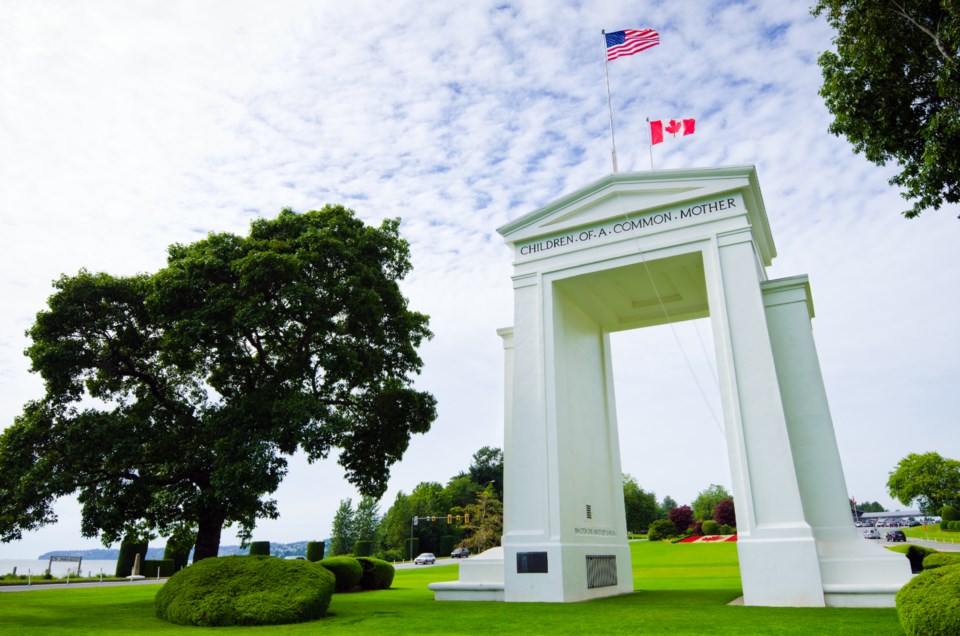As Canada and the U.S. turn up the dial on potential tariffs, B.C. condo owners could end up paying a price in any resulting trade war.
“It’s a very fluid situation,” said Sean Ingraham, board president of Canadian Condominium Institute’s B.C. chapter.
“We don't know what we don’t know, which makes it very challenging for strata corporations to budget.”
Insurance premiums, capital projects, vendor contracts and elevator repairs could become more expensive if the cross-border economic bout between the U.S. and Canada proceeds.
Ingraham said a strata corporation’s insurance policy is the most notable example of how a North American trade war could squeeze strata budgets. That’s because insurance, which is typically among a budget’s largest line items, depends on a building’s appraised value, which in turn depends on its replacement cost.
“The materials to build the building are going to be more, and therefore it’s going to cost more to build a building, and the replacement value is going to go up, so the insurance will go up,” Ingraham said.
Another area impacted by the looming trade war would be capital replacement projects. Because they often consist of proprietary inputs from the U.S., the cost of windows, custom glazing, heating and cooling systems, boiler systems, elevator components and fire safety equipment could rise.
Higher invoices and charges may not happen right away, but rather over the next six to 12 months. That’s because current contracts with trades and vendors will remain in effect until prices increase upon renewal or at the end of a strata corporation’s fiscal year.
“If you have an HVAC or a landscaping contract already in place for the year, they’re going to honour it, but when their costs go up, next year when they go to renew that contract, most likely if there’s tariffs put in place there’s going to be higher costs,” said Ingraham.
If many condo owners can no longer afford their strata fees due to a recession and unemployment, some small strata corporations could potentially face liquidity challenges.
Even snow removal companies could pass along higher costs to stratas if their equipment becomes more expensive due to Canada’s counter-tariffs, he said.
Amid ongoing tariff threats lobbed between Canada and the U.S., both nations on Feb. 3 said they would pause applying such retaliatory duties for 30 days.
According to the Department of Finance’s Feb. 2 announcement, the $30 billion of goods from the U.S. subject to a 25-per-cent tariff by Canada would include doors and window frames; floor, wall and ceiling coverings; hand tools; light fixtures; locks; snow ploughs and snow blowers; washers and dryers; and window coverings.
Ingraham said that if Canada expands its counter-tariffs to match the scope of U.S. levies, there could be even more pain. Canada has already signalled further plans to tariff an additional $125 billion worth of imports from the U.S. if no resolution is achieved.
“If our counter-tariffs match the amount of tariffs that the United States is going to place, there’s a lot more counter-tariffs that are going to come,” Ingraham said.
While there is “no doubt” that strata fees will rise to some extent, he said it will take time to understand the full cost of the nascent trade conflict.
“When we get clarity on the tariffs and the counter-tariffs, it’s going to make it a lot easier for strata corporations and the trades they rely on to service the buildings to calculate what the impact is going to be,” Ingraham said.
“We’re kind of in this limbo or unknown stage right now.”





